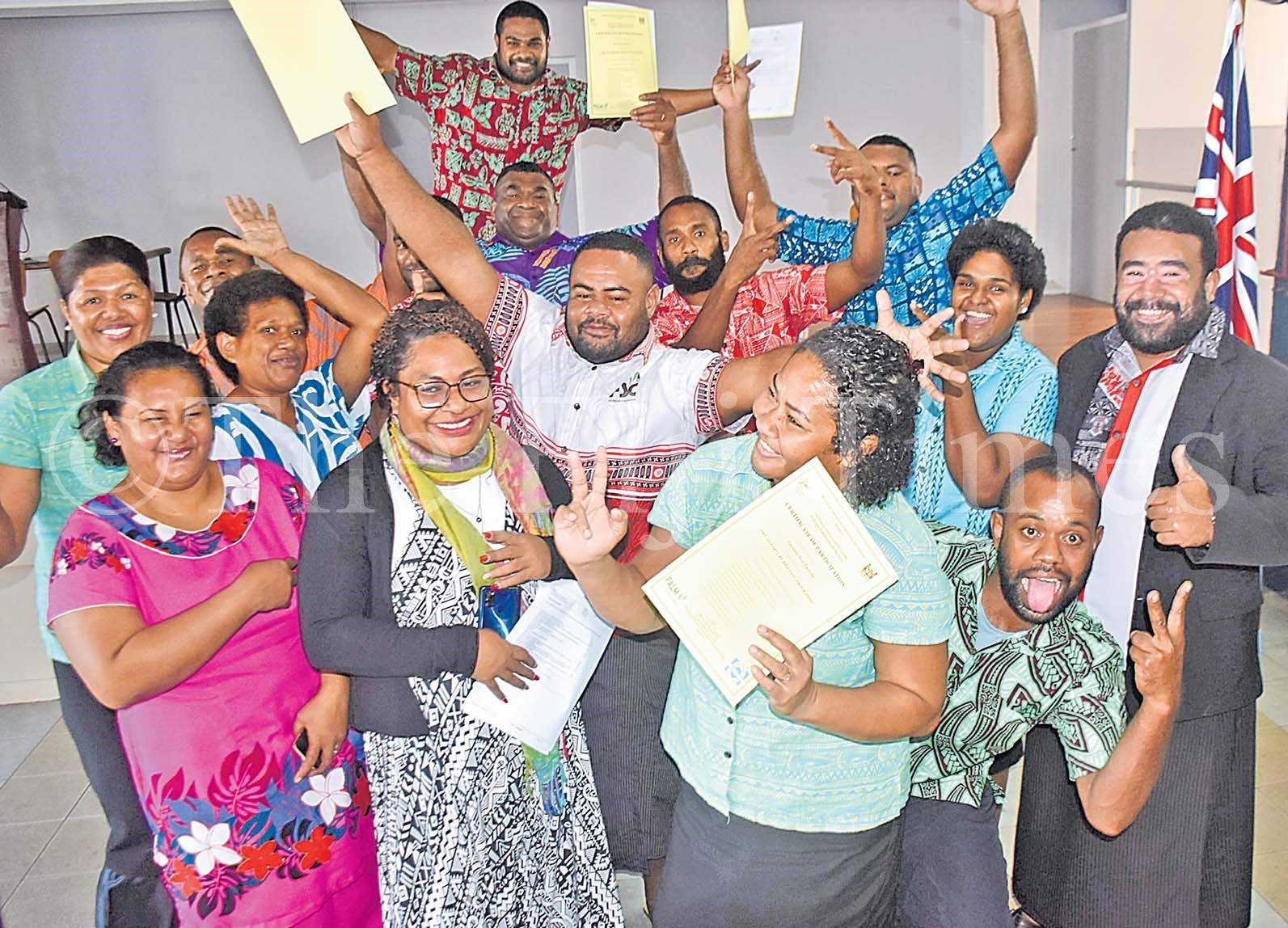Come evening of June 28, 2024, many MSMEs will have their minds full, contemplating the next move for their business continuity, bank loan, staff salaries and personal income. Should it not be a business-enabling national budget, in the minds of MSMEs they will only have three options –
(i) suck it up and roll until you cannot roll no more;
(ii) right size by downsizing and dream (its free) for a lot of hope; or
(iii) shutdown, take a deep breath of fresh air (it’s also free) and transition to waged employment locally or overseas.
Adding to their mind-boggling pressure that evening will be the announcement of the new minimum wage, making it our fifth increase in the last two years and two months.
Yes, also the $130million in post COVID-19 MSME concessional loans that needs to be paid back.
The day before budget announcement, June 27, is International MSME Day.
MSME owners will have their hearts and ears full as Government officials tell them how important of a national treasure they are.
The day’s celebrations will melody the scripted “18per cent contribution to our Gross Domestic Product (GDP), providing employment for approximately 60 per cent of our labour force and contributing almost $380m in taxes” in official speeches and further amplified in press releases. Throw in salusalu, cutting of a (very lightly flavoured Rewa butter) cake, photo opportunities and social media posts.
Unfortunately for MSMEs, the sun will set that day and when dawn breaks the next day the realities of actually running a business in Fiji will start to fade-in as budget announcement nears.
MSME networks are now many and active and its members more engaged than ever. Their social media platforms will be blazing with running commentaries as budget is announced, trying to weigh the real incentives against the political spill.
So, what are the major challenges of MSMEs that the national budget needs to address, immediately?
If Government is looking for an immediate “we care (about you too) package” for MSMEs to include in the budget, here are their two challenges to focus on.
For the whole of private sector including the MSMEs, the high cost of doing business remains the number one challenge. My estimates are 35-40per cent increase post COVID-19.
From April 2022 to January 2023 (nine months), there were four incremental increases (from $2.68 to $4.00) to the national minimum wage. This translates to an accumulative increase of 33 per cent on the wage bill of those MSMEs, post COVID-19.
How much percentage points the new minimum wage will add to the 33 per cent, all in a little over two years, is anyone’s guess. The unions are aware that the cost of living has surpassed wage rates and have a very visible campaign seeking a $6 per hour rate. The employers seek to maintain the current $4 per hour rate, aware that our GDP forecast for this year is about five percent lower than last year and forecasted to further decline in 2025.
The 2023-24 national budget increased VAT by six per cent, consequently increasing some business service fees while still maintaining many archaic business processes. The same budget increased corporate tax by five per cent which means MSMEs now give up a quarter of their earnings to Government.
From January 1, 2024, MSME owners have started to pay an additional four per cent FNPF for every person they employ and plan to employ. The shortage in labour means that MSMEs need to invest more than before in sourcing, attracting and retaining workers, from the limited and diminishing labour pool, competing among themselves, large businesses and even the Government.
Our inflation rate in December last year hit a 10-year end high at 5.1 per cent, mainly underpinned by the higher import commodity prices and an increased VAT and tariff rates. Our current inflation rate stands at 4.6 per cent.
Access to finance is another major challenge for MSMEs. There is an estimated $2.2 billion in financing gap for MSMEs in Fiji.
While this is also a long-standing challenge, there are opportunities to introduce other forms of financing initiatives, adding to the traditional grants and loans available in the market for MSMEs. There are also opportunities to use existing Government funding to consolidate for impact investment in MSMEs.
So, what specific incentives and policies do MSMEs seek in the new budget to address their major challenges, immediately?
Find out in Part 2 next Saturday
- Edward Bernard is a regional development consultant specialising in private sector/MSME development and disaster assessment and recovery. He has a Masters in Business Administration and has more than 20 years of experience working for the UN, Fiji Government, USP, FNU and the private sector. The views expressed here are the author’s and do not necessarily reflect the views of this newspaper.



